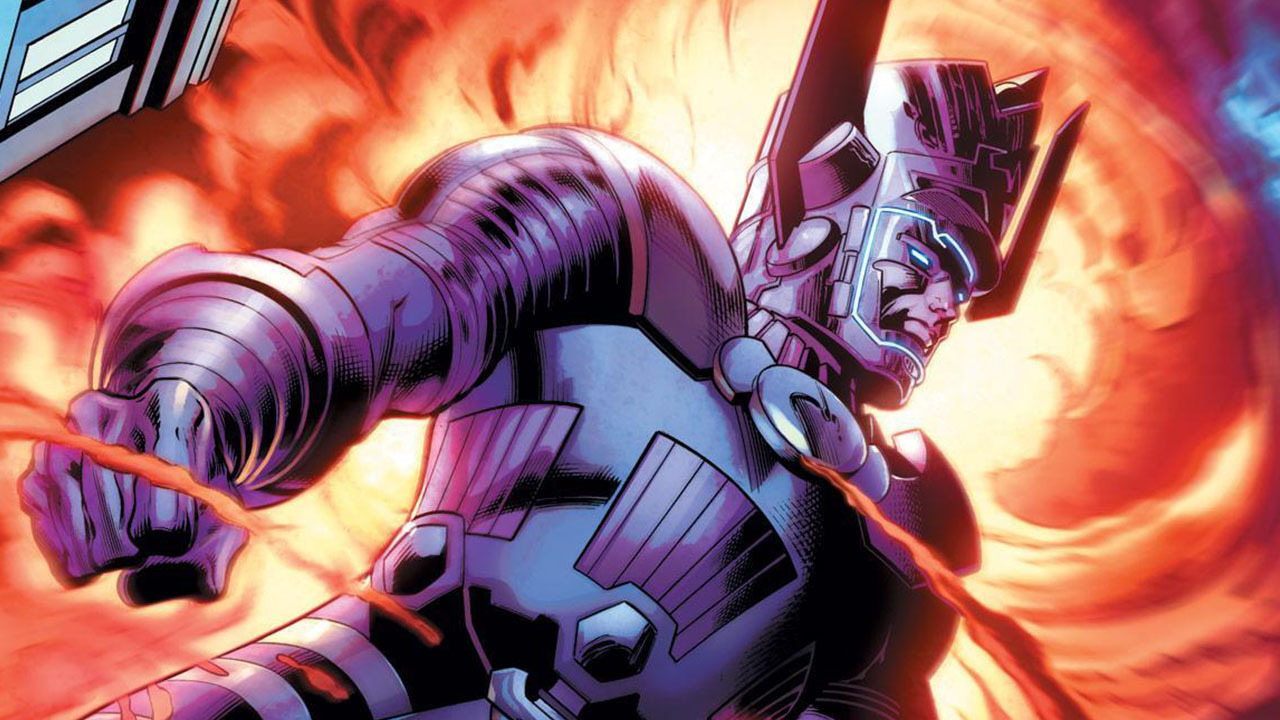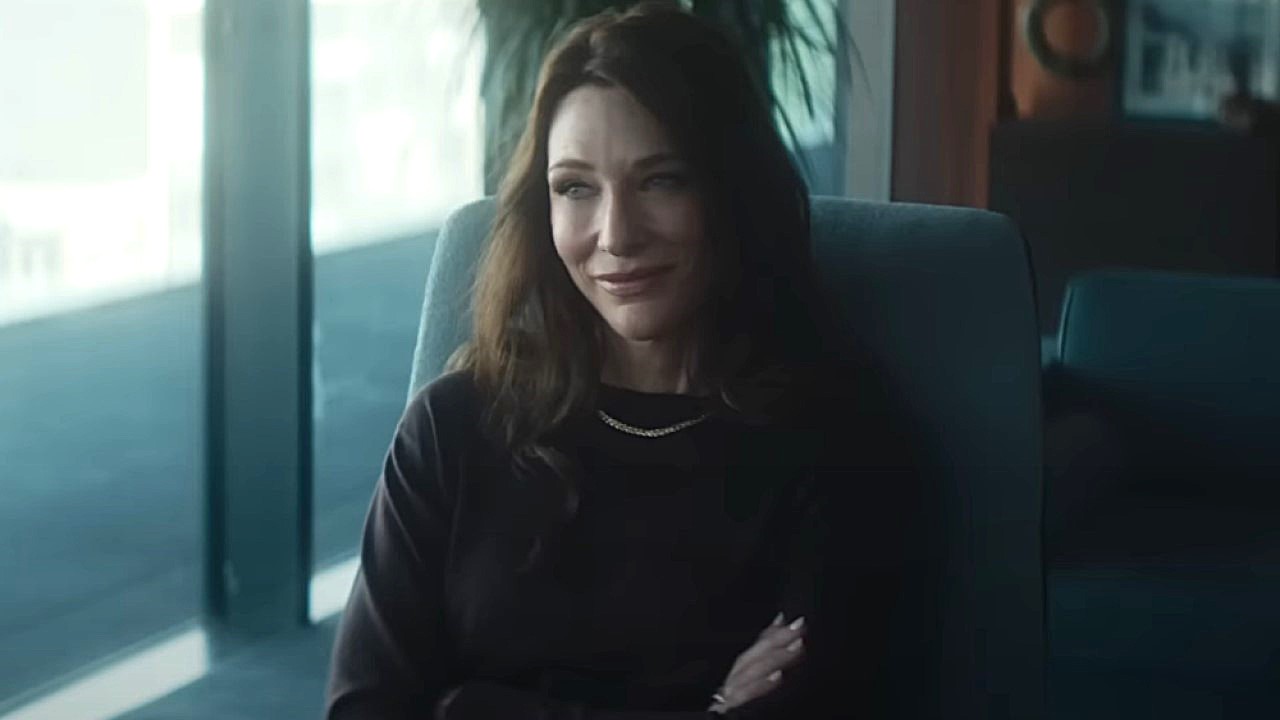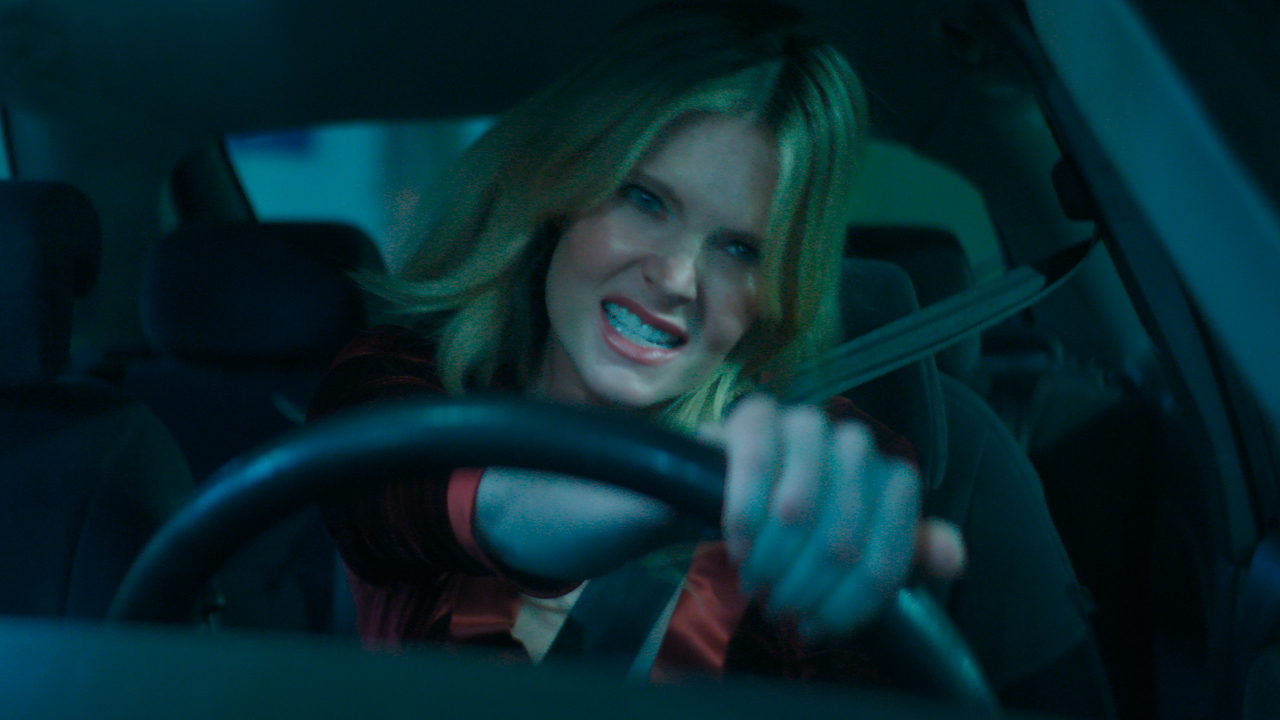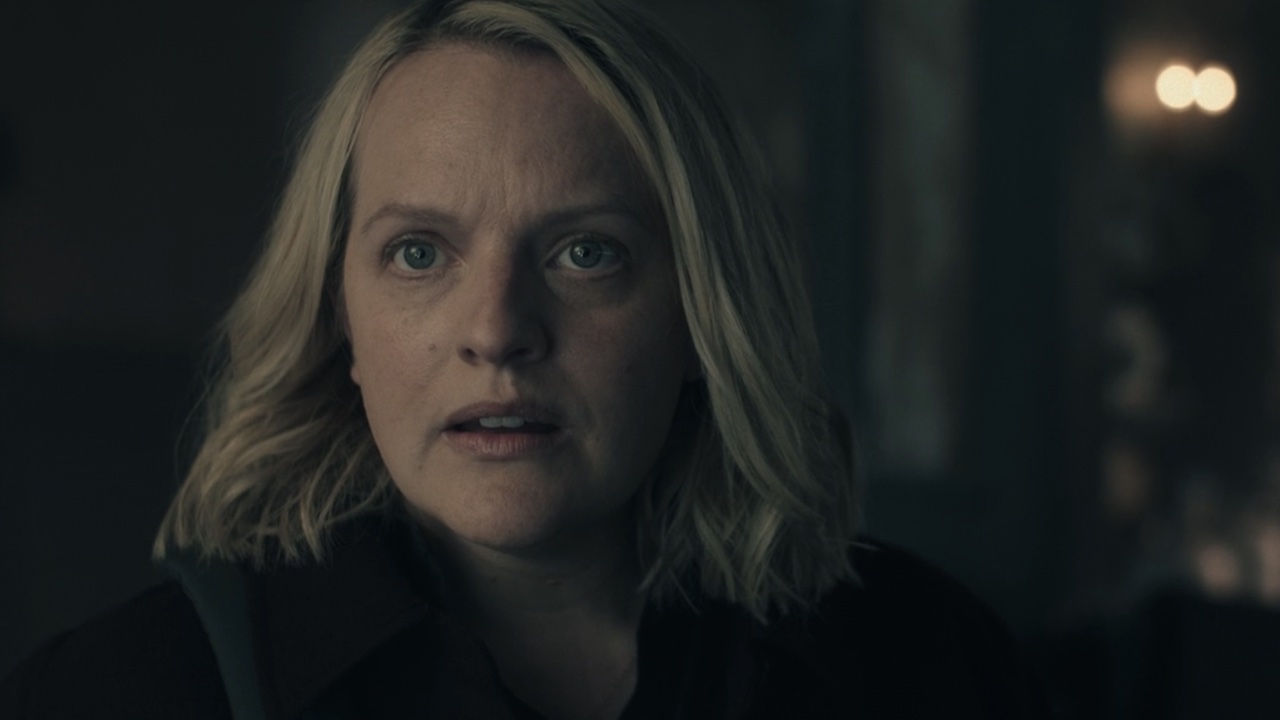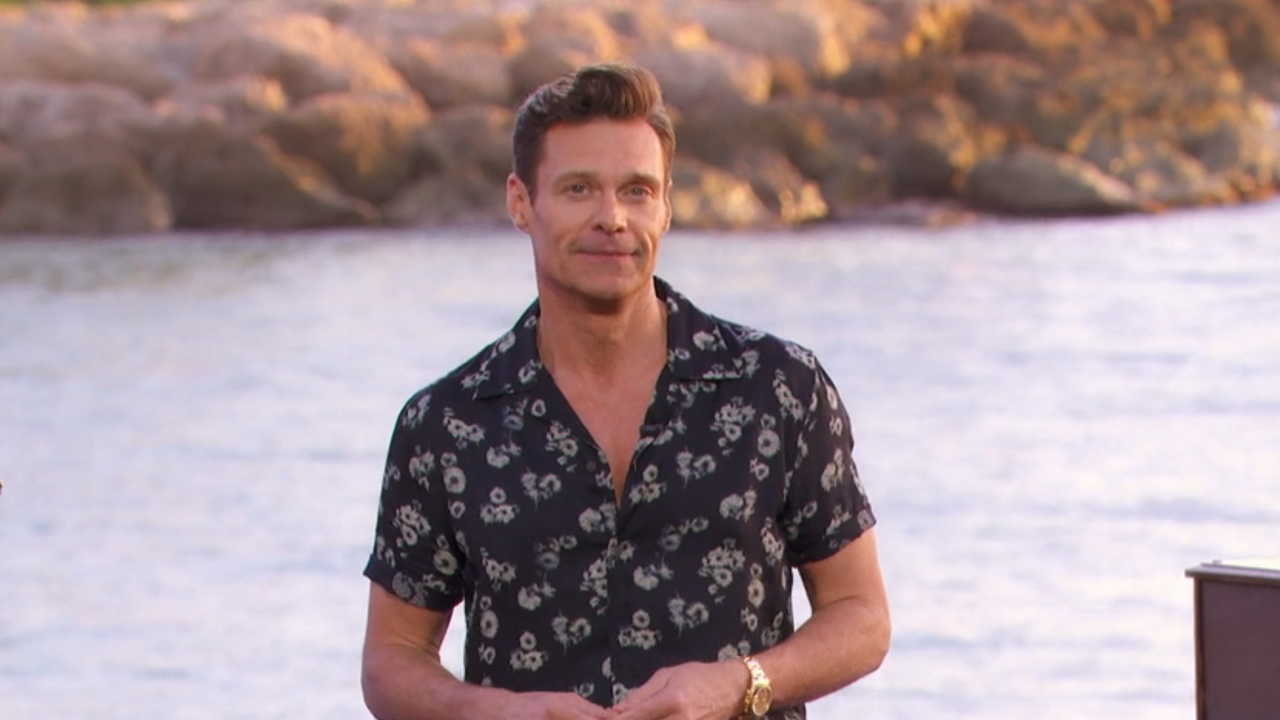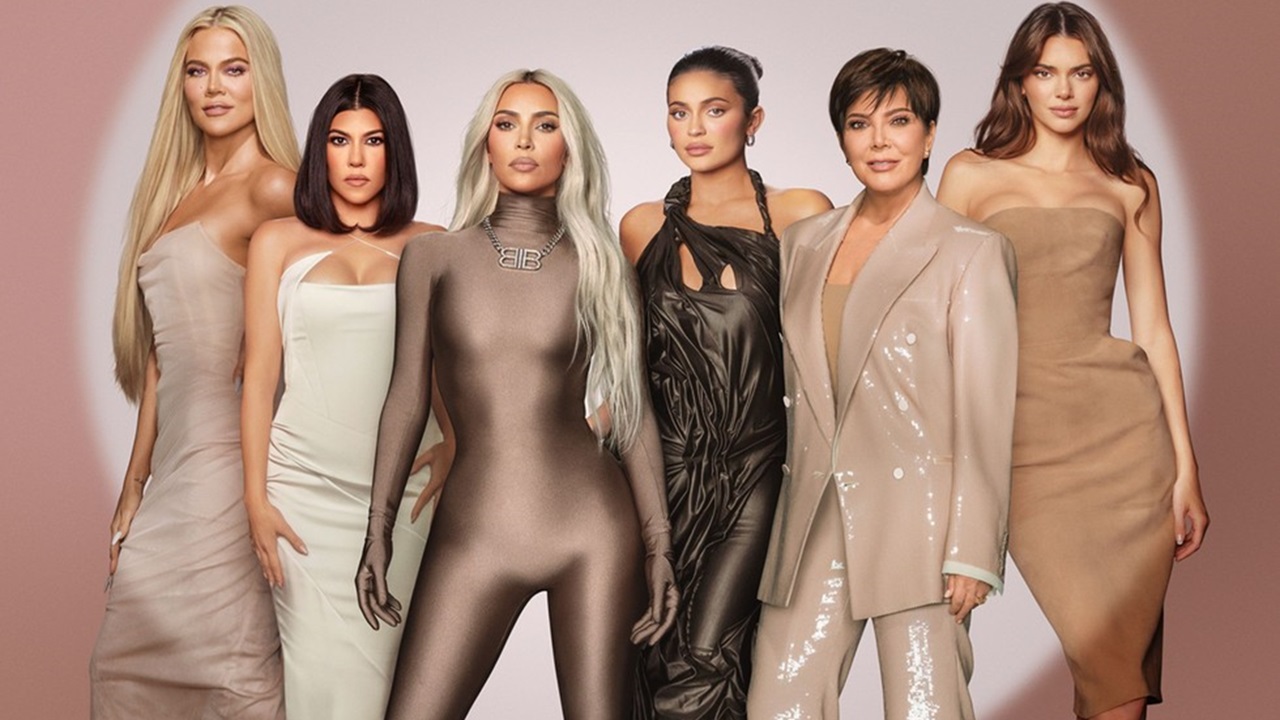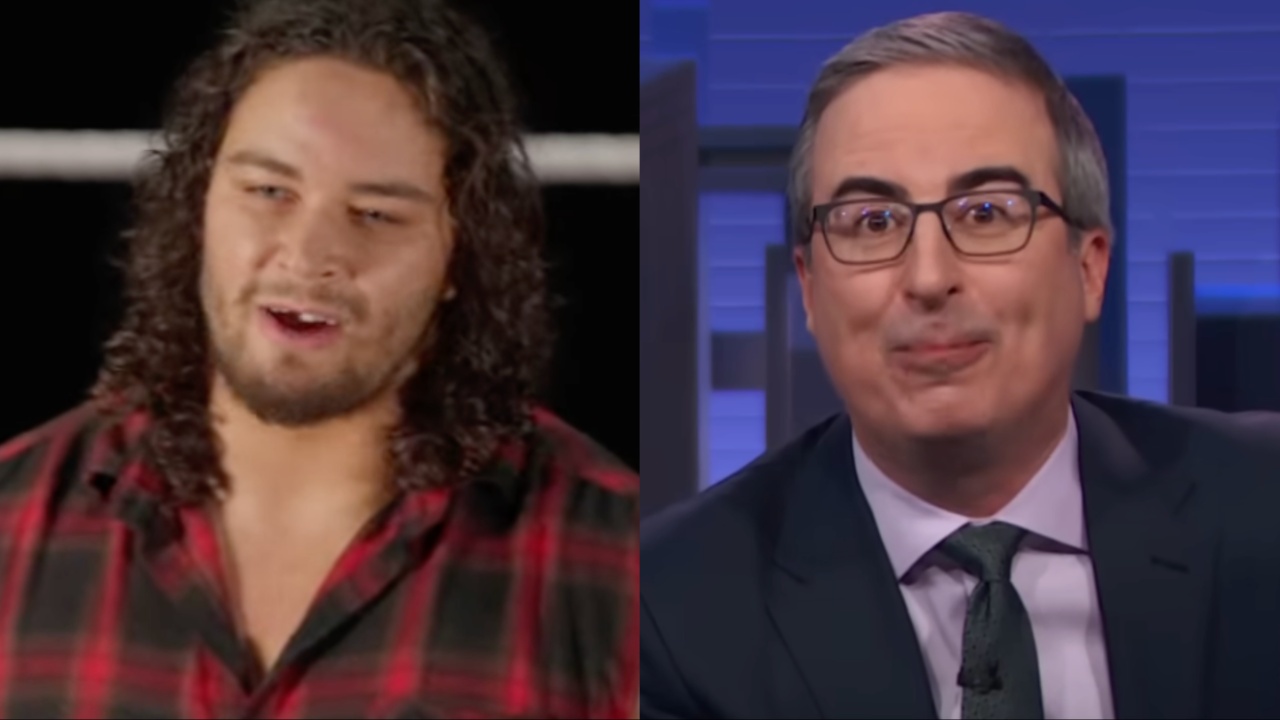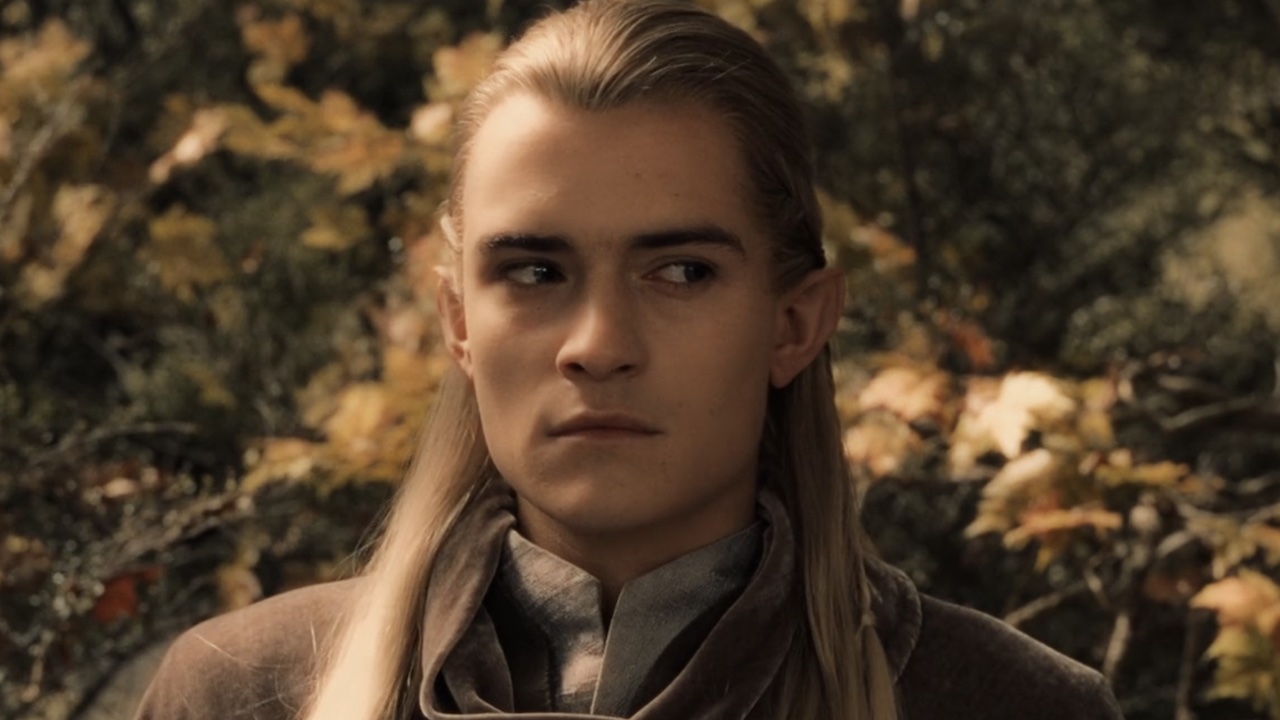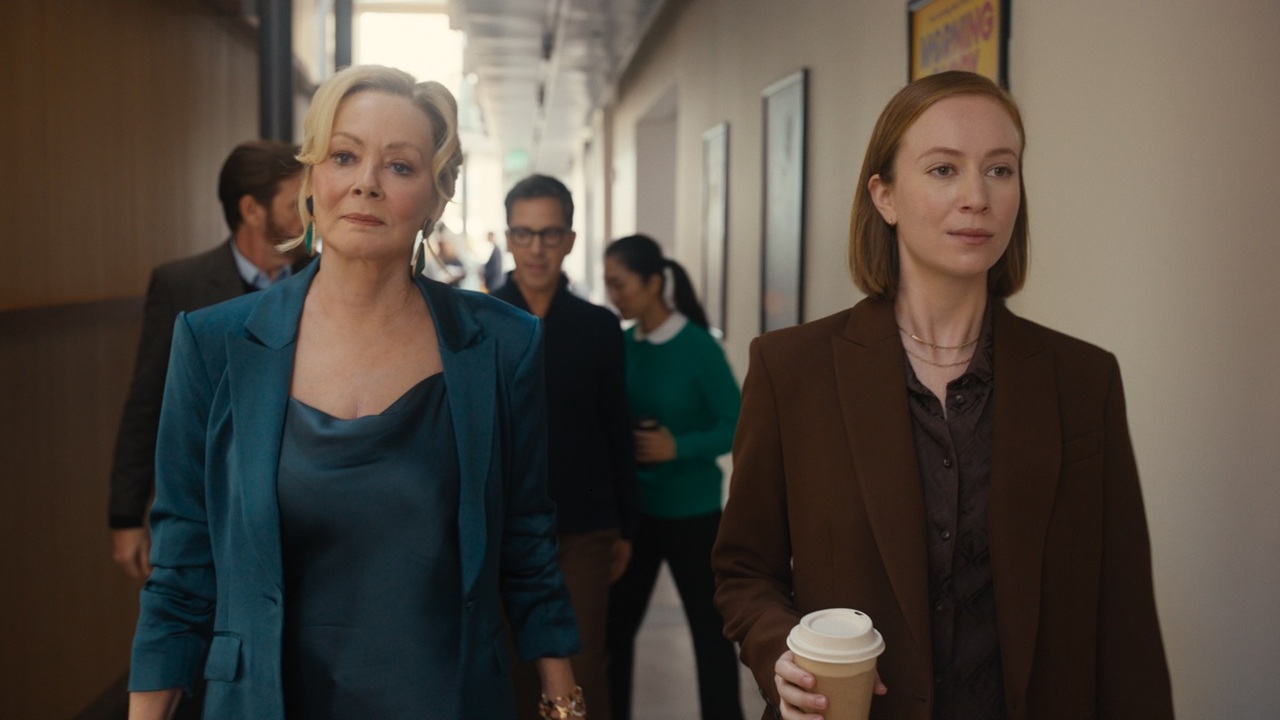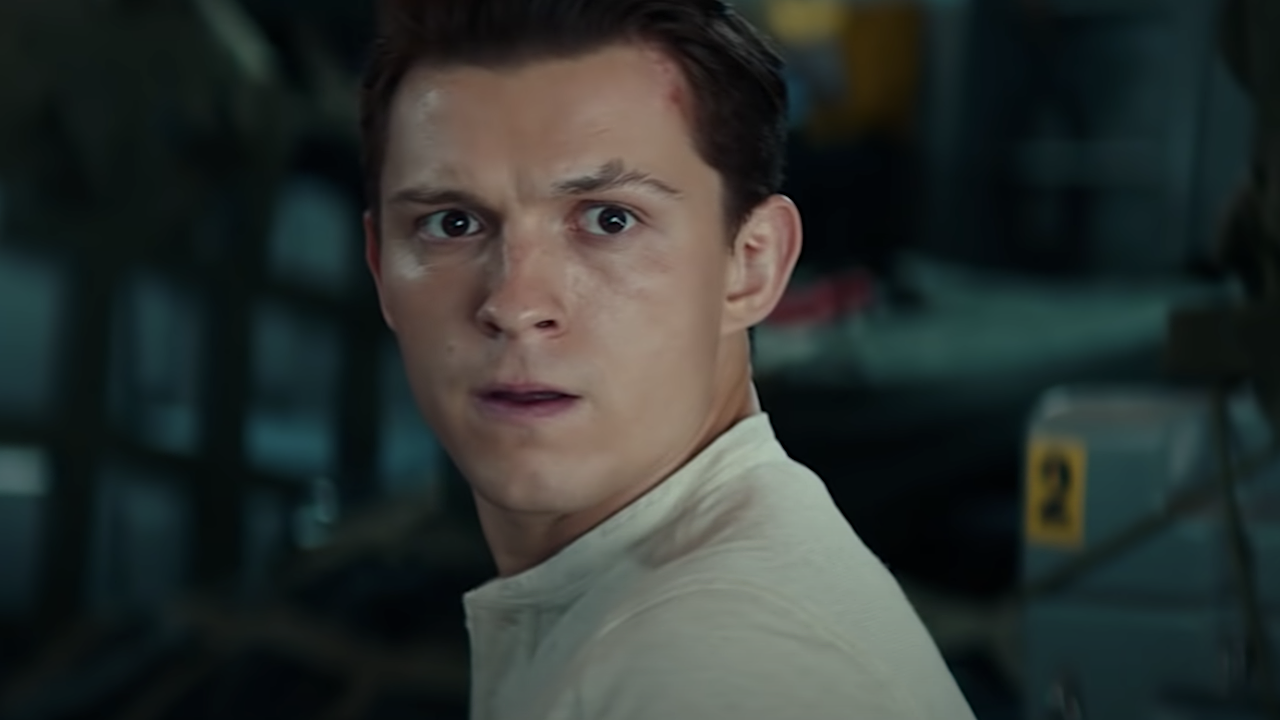Interview: The Farrelly Brothers
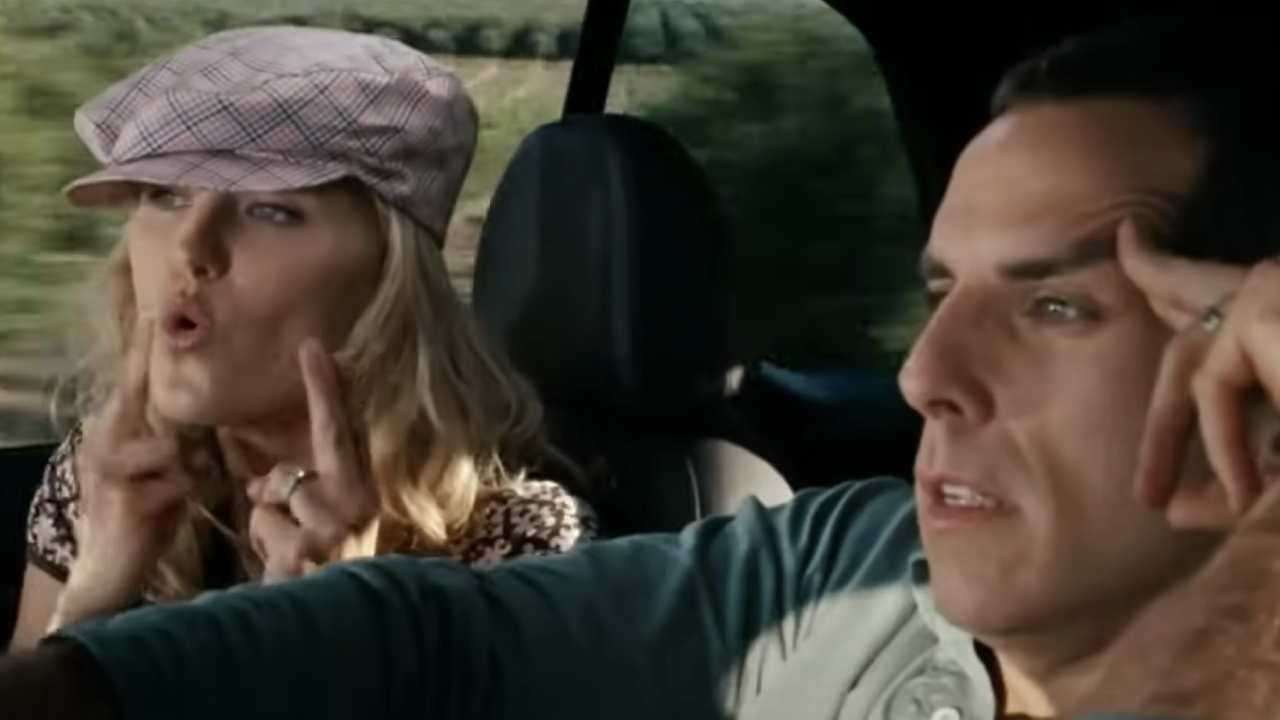
Bobby and Peter Farrelly have managed to turn quirky, slightly offensive comedy into an art form, complete with a built-in audience. Although some may argue, to me the best of their work came with There's Something About Mary, which put the brothers together with Cameron Diaz, Ben Stiller, Matt Dillon, and Chris Elliott, in a hilarious story of lost love. So when it was announced the Farrelly Brothers were re-teaming with Stiller for an untitled comedy almost a decade later, many were ready to watch even before we knew what the plot was about.
Now the movie has become The Heartbreak Kid, a remake of the 1972 Oscar nominated film, which features Ben Stiller as a guy who thinks he's married the perfect woman until he encounters someone even more perfect while on his honeymoon. Even though it's a remake, fans can expect more of the regular Farrelly humor in the film.
Even though many people have written off their crude humor, the Farrelly Brothers come across as anything but crude in their interviews. During my conference call with them, they give respectful reasons for their use of people with disabilities in their films, acknowledge their own favorite comedic performances, and state that one of the movies they are most proud of is a picture they were only involved with as producers.
In regard to bringing Ben Stiller back in as your leading guy, obviously, There’s Something About Mary, hilarious film, and I was curious, did you guys have the same kind of chemistry coming back in on this film or was it a whole new experience?
Peter Farrelly: It was - you know, we did have the same chemistry but it wasn’t the same experience. We had a great chemistry. We love Ben. But, you know, Ben, since we did “Something About Mary” has become, you know, a conglomerate and he is way more involved than he was on Mary. Mary, you know, he was one of the actors. This one, you know, he is way more involved. And we want him to be because, you know, he has great instincts, great ideas. So it was a much more hands-on deal this time, but equally as fun.
Lately there’s been a huge turnout for Rated R comedies. Does this have any effect on you all going back to the Rated R format?
Peter Farrelly: Not really. You know, we always - we’ve done very well by Rated R. Our Rated R comedies have done better than our PG 13 comedies actually. But we did hit a point after Me, Myself and Irene where we felt like every movie, people were expecting us to break the ceiling in the same way. And A, you can’t do it when they’re expecting it, B, we didn’t want to keep going in the exact same direction. So we decided to do movies that, you know, were actually more heartfelt and would maybe surprise the audience in another way, and we did three in a row like that. And we just got to the point where we’re - you know, just licking our chops, ready to do an R-rated comedy. And the fact that there are, yeah, there are a lot of R-rated comedies out now that do very well is a nice coincidence.
CINEMABLEND NEWSLETTER
Your Daily Blend of Entertainment News
Bobby Farrelly: I think the R-rated comedy -- and I - you may disagree, Pete -- but I think it’s going to be here for a little while now. It’s like, you know, our whole society thinks it’s so kind of crazy out there right now that it just calls for, you know, R-rated. It’s hard to go back and - you know, you’re handcuffed without being able to joke about anything. You know, TV nowadays, like the sitcom on TV is a tough, tough thing to make real good. However, if we go over to HBO, it’s like they’re doing stuff that’s like this. It feels like it’s league past what the networks are doing because they have - they don’t have the restrictions on them. And just thinking comedy, I’ve got a feeling that the R-rated is here for a little bit.
Peter Farrelly: That’s right. And also, you know, a big part of it has been, you know, cable TV’s emergence has made the country more open to R-rated comedies because now people are as likely to turn in - turn on cable as they are go to, you know, CBS, ABC, NBC. And certainly, the best TV is coming from cable, you know, HBO, Showtime, those kinds of things, Comedy Central. So, because they’re able to push the envelope, people are way more - when we did Mary, you know, I think half of the country was just in shock, and now they wouldn’t be.
How was Malin Ackerman cast? Because she’s done some comedies but not where she has kind of been allowed to be the comic figure, and from what I understand here she gets to be very funny. So I was wondering what made [you] think she could be funny.
Bobby Farrelly: Yeah. We - it was only after we cast it that we realized she was in Harold & Kumar you know, and I guess she was in “Entourage.” We saw that after we had cast her and stuff. But we found her in the auditioning process where we basically brought in, you know, the top hundred girls in Hollywood that people really didn’t know, the actresses, and we let them all read for this particular part. And she’s just like - she just nailed it, you know, a lot better than the next person. It was really - I don’t remember it being that close a decision, Pete, do you?
Peter Farrelly: No.
Bobby Farrelly: I mean she was like the gal. Once we saw her, we’re thinking she is perfect for this. And it is the funniest female role that we’ve ever been associated with. She’s just very, very funny in this. I think you're going to be seeing a lot more of Malin Ackerman.
How did you guys come across remaking the Heartbreak Kid? Did you guys come across it as “We should remake this” or did you - were you guys offered it?
Peter Farrelly: We were actually offered it five years ago. This is Peter talking. And at the time, we just instinctively passed, said no. We love Heartbreak Ki”. It’s a classic. We don’t want to remake a classic. But in the meantime, what happened was a friend of ours had not seen it. We took him home one night, we were showing the movie, and we started seeing a couple of crap in the armor there. We saw how - it wasn’t aging as well as it could have. And then somebody came to us after that and they had the idea to remake it except they said “Why don’t you flip it around?” This writer Leslie Dixon had the idea to flip the - it around where in the original, he married a kind of a frumpy woman, goes on his honeymoon and meets a fantastically beautiful woman and falls in love with her. In this version, he marries the fantastically beautiful woman upfront, goes on his honeymoon, and realizes that looks aren’t enough. And then he meets a girl who’s more grounded, more his type, and falls in love with her. And it sort of changed everything. And so we completely rewrote it and tried to make it our own.
What draws you guys to these crazy women in your movies? What draws you into telling the story of crazy women who these unlucky guys get involved with? It’s like Heather Graham in the other films and Something About Mary. What is it that you guys find so fascinating about these crazy broads?
Bobby Farrelly: Well, truthfully, the one - the movie that we did make with Heather, we were involved with only, you know, on a producing level and we didn’t really have a whole lot to do with that one. And I think that for most of our movies, the girl is kind of like - almost like an idolized - idealized version of a girl where they’re kind of -- like in Mary, she’s kind of like a perfect girl. And it’s a great, you know, place to start off when you got a guy pursuing a women who’s, you know, way out of his league. And I think that that’s something that we kind of, you know, do a little bit. You know, it’s a theme that pops up a lot in our movies.
Bobby Farrelly: It happens also in this one, but before he meets the girl of his dreams, he meet and marries the girl who is a wacky-wacky girl. And she was loosely based I guess on a compilation of some of the naughtier girls that we had dated.
Peter Farrelly: But the woman that Bobby described before -- you know, we do go - we think “What is out perfect woman?” And our perfect woman would - you know, she’s easy going, she probably will be able to have a beer with you, she likes sports, she would probably play golf, might occasionally take a whack off a joint, you know.
Peter Farrelly: She is, you know, just an easygoing - and of course she is pretty good-looking.
You guys have done movies with people with disabilities. So I was wondering, how do you feel about - how comedy can give you a different perspective on some of these more serious issues?
Peter Farrelly: Yeah, it’s important to us. You know, we noticed when we started making movies that there were never any disabled people in the movies. And if they were in them, they always played the sad person who’s, you know, just the big-hearted, you know. And we have friends with disabilities. You know, we have a friend we grew up with who had broken his neck diving, was a quadriplegic. And we grew up on - happened to know a couple of people with intellectual disabilities. And so that was part of our world. And it seemed unusual to us that you would make a movie without somebody with a disability in it. So we started putting them in.
And to make it different, we didn’t want to have the disabled person be the, you know, big-hearted softball. We wanted them to be like everyone else. Sometimes they’re nice, sometimes they’re not nice. Sometimes they got a good sense of humors, sometimes they’re boring. And so we made it a point to stop putting them in. And it’s a real - it’s something we really enjoy doing because, first of all, it hasn’t been done. It allows us to, you know, break some stereotypes.
You know, we produced the movie “The Ringer,” and I think that of all the movies we’ve done, I think I’m proudest of that movie because, you know, people who go and see “The Ringer,” it’s about a guy who tries to fix the Special Olympics, if people will see say the first ten minutes, they’re very uncomfortable watching it because we used people with actual, you know, intellectual disabilities and, you know, most people aren’t around them much. But by the end, they’re like “God, I wish I had friends like that.” They want to know these people. And that’s the whole point. The more we put people with disabilities in our movies, the more you get used to seeing them, the more comfortable around them you are and the more they’re integrated into society. And if we can have a lot of laugh along the way, it’s just a win-win.
Can the audience for the Heartbreak Kid expect the same kind of humor that you've had in your past movies? And do you feel the pressure of matching your past successes or even previous comedy movies this year like Knocked Up and Superbad?
Bobby Farrelly: Well, you know, when we made this movie, Knocked Up and Superbad hadn’t come out. So they weren’t really like a source of inspiration to us as, you know, as we were writing it and we’re setting out to make it. However, once we went and saw those movies, we thought, “Man, these are good movies and,” you know, good for these guys because they’re really going for it. And at that point, I was glad that we had gone forward in this movie because, you know, it seems like this is what’s working nowadays. I think, you know, as far as our other movies go, the movie that this would - the “Heartbreak Kid” will be most like would be - I think it’s going to be “There’s Something About Mary.” This feels like it has that kind of tone to it. It’s a fun romp, it’s R-rated, there’s, you know, plenty of big laughs, and it just feels that way to us.
Peter Farrelly: Yeah. We were really happy with it, and it is a lot like our movies. But I think the thing that’s going to separate this from the others that makes it different is that - and this is the first movie I can remember like this in a long time. This is a sex comedy. And I mean a real sex comedy like in the French tradition. Like we have nudity, you know. And, you know, the one thing I noticed about “Knocked Up” which by the way I love was that you didn’t even see her breast. That’s insane. They sleep together and she still got her top on. I’m like “What’s going on here?” you know? And this one is we just said, “Let’s try to make it more real and it might be fun,” but there’s a lot of sexual innuendo and outright nudity in this.
Now you’ve worked with some comedians like Jim Carrey, Jack Black, Lee Evans, Ben Stiller in your past movies, a lot of other guys too. How much freedom do you allow these comedians when you work with them?
Bobby Farrelly: Well, yeah, it’s a good question because, you know, it’s great if it looks like everything is improvised because that - it has a feeling then that they are just - you know, that they’re making up as they go. And that’s what kind of what you go for.
Peter Farrelly: That’s the illusion.
Bobby Farrelly: As a director, you want them to make it - you don’t want to make it feel like they’re reading lines from a cue card. You know, that said, we’ve spent a lot of time working on the script, so we always feel like, “Let’s go out there and shoot what we’ve thought would be the best way to do it that day.” And as we’re doing it, of course, we just say, you know, if there’s any way to - better way to do it, let’s try that at the end of the day too. And, you know, and a lot of times, we will try something, we allow them to improvise, and something good will come out of it, and we’ll actually go back and re-shoot a few things as a result of it. But by and large, it - you know, we work on - with at script at first and then if we - if we’re - you know, if we had the time, we’ll get some improvisation.
Peter Farrelly: When you start a movie -- this is Pete talking -- when you start a movie, you know, when we start a movie, we feel - you got to feel that the movie is 100% there with the script. You wouldn’t start it if you didn’t. But as it turns out, you learn later, you probably -- only 75% or 80% there, and 20% of it you find while you’re shooting it, some things just aren’t working, things that you thought would be funny, and you’re trying to find it. And then other things is when you just cut the actors loose, you say, “Okay, we got it. Now, do it differently, do it your way.” And that’s where you come up with a lot of jams like Bret Favre - you know, just adlibs that that the actors come up with. In “King Pin”, I can honestly say Bill Murray adlibbed 90% of his performance. All his lines, just made them up. But that is a rarity. Mostly, I would say, you know, “What’s on screen is 80% from the script, 20% from us and the actor on the stage.”
I want to ask you about The Three Stooges. So, I found out that you were supposed to do it April 26, and I wanted to know if you guys actually went through with writing the scripts, because I heard that as of October 16, you guys were off the project.
Bobby Farrelly: A lot of the information - I guess you’re getting the information like from - like, you know, IMDb or something like that, and I don’t know where it’s coming from. But I don’t know that we are starting on April 26. That’s news to us. And I don’t know that we’re off the project either. That’s just - here’s what’s happened. We have written the scripts about, you know, the Three Stooges. We’ve come up with an idea to redo them. It’s not biography or anything, it’s three new guys, you know, and Moe, Larry, and Curly. And, you know, they’re just characters that we really were inspired a lot by, and we grew up watching them and we just - you know, we still laugh at it. And so we thought, you know, a whole generation of kids have come out and really not that familiar with it. And we were thinking it’d be great to, you know, bring them back. And it’s been a project that we’re real passionate about, but truthfully we’ve have a hard time getting it off the ground.
We’ve a hard a hard time like bringing in the studios, you know, to get excited about like we are. But we’re still working on it and I think that we are going to do - make the movie. I just don’t know exactly when.
Rafe Telsch: You already worked with Ben Stiller right now, Jim Carrey a couple of times. Any plans on Jack Black in the future? And any plans to follow in the footsteps of the - another famous brother-director-writer pair and one of you having a sex change?
Bobby Farrelly: You know, one of the beauty about working with guys like Jack Black and, you know, Greg Kinnear and Matt Damon and, you know, all the guys that we’ve been lucky enough to work with, we always have a good relationship with them and we have a lot of fun. And when we’re done, we almost always, you know, I don’t know any - I don’t remember any time that we didn’t say “I’d love to work with him again,” you know, if you find the right role for him. This happened to be the right role again for Ben Stiller. It just felt like, you know, he’s the guy who’s perfect for this movie the “Heartbreak Kid” because, you know, it’s about a guy who goes on his honeymoon and falls for another woman. You know, if you don’t like the guy who does this, the movie is going to suffer. And, you know, people really like Ben. So this is a great vehicle for him. But I’ve worked with any of those guys. I’d work with Jack Black again in the minute, you know, if we found a good role for him or any of the guys that we’ve worked with.
This is a kind of super cliché question -- any chance to get you guys to give me like the five top favorite comedic performances or your five top favorite comedic performances?
Bobby Farrelly: Okay, Pete. Do you want to do that Pete?
Peter Farrelly: Go with our movies?
Bobby Farrelly: Yeah.
Peter Farrelly: I don’t know. Then you’re leaving people out. I don’t know if I could anyway.
Bobby Farrelly: All right. Well, then of all - one that comes to my mind right away is Don Knotts in “The Ghost and Mr. Chicken.”
Peter Farrelly: Yeah.
Bobby Farrelly: He gives a - there’s a moment in that where, you know, he gets dubbed the hero by the local council because he had stayed in the haunted house. And they say he’s the big hero. And he has to give the speech and it’s called “What is a hero?” And I don’t know, just that moment, it’s just - I always laugh when I even just think back of him getting the speech for the councils in that movie.
Peter Farrelly: I’d say Steve Martin in “The Jerk” is classic and it’s all performance. You know, it really is like - yeah, it’s really all performance. You know, just he makes it really funny. You know, one of my all-time favorite…
Bobby Farrelly: I’ll go with Jim Carrey in “Ace Ventura” just because, you know, the choice that he made of how to play that. If you read it on the script, you know, there’s a lot of different degrees of, you know, how broad you play this character or how real you play him. You know, your choices, there’s a lot of different ways to go and a lot of different actors would have done it, you know, different ways, but I don’t think anybody could have nailed it like Jim did. I just, you know, I can watch that all day, he’s just so funny.
Peter Farrelly: You know, just because it’s recent, I don’t know, Sacha Baron Coen in, you know, Borat.
Bobby Farrelly: Borat, yeah.
Peter Farrelly: That’s a genius thing. I mean - and when I think about, you know, doing it actually live and, you know, people - a reality thing and the distress and - that’s pretty impressive. Jack Lemmon and Tony Curtis in “Some Like it Hot,” those are…
Bobby Farrelly: The whole cast of “Spinal Tap,” the band, they were good. You know, just throwing a few off the top off our heads.
Peter Farrelly: I think we’re missing some biggies, you know, just like real - that’s a tough one, but those come to mind.
'You Feel Like You’re On The Team With Michael Jordan.': The Handmaid's Tale Cast Shares What It's Like Working With Elisabeth Moss As She Directs, Stars, And Produces
'It's Either Good News Or Bad News': Watson Stars Celebrate CBS' Early Season 2 Renewal, But Fans Should Prepare For Trouble
